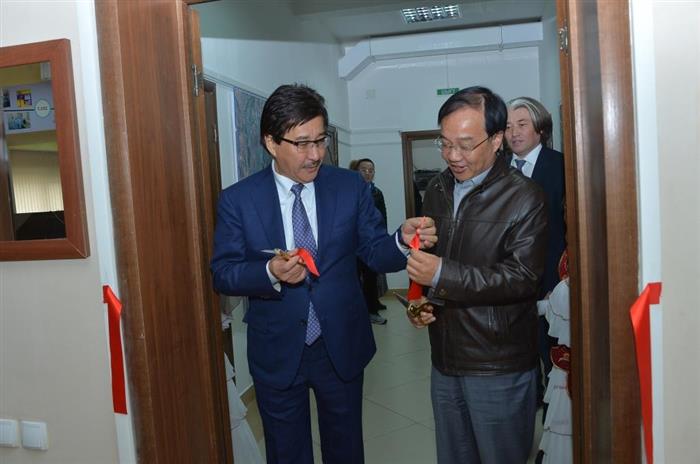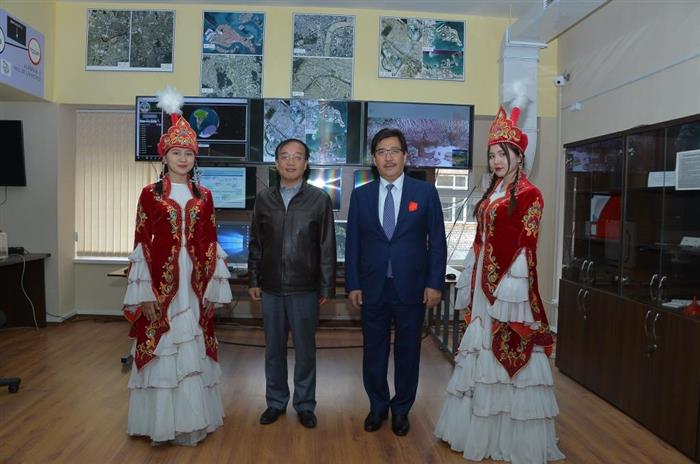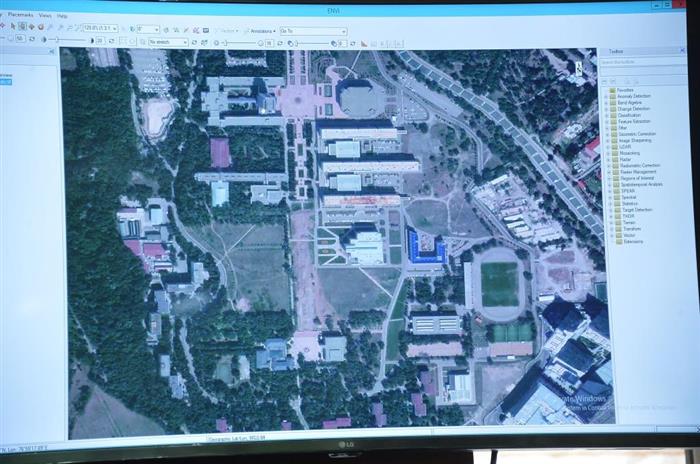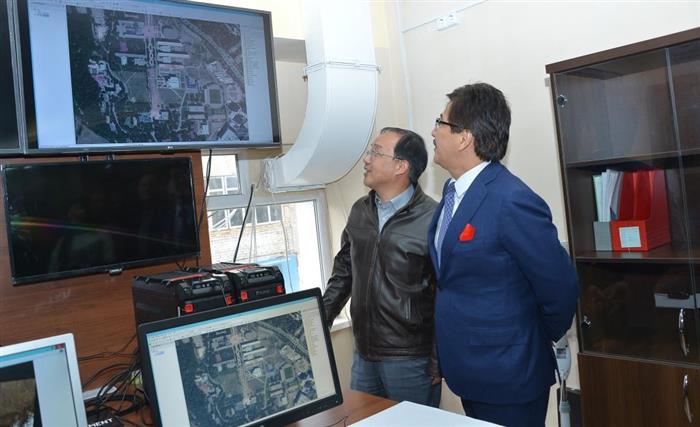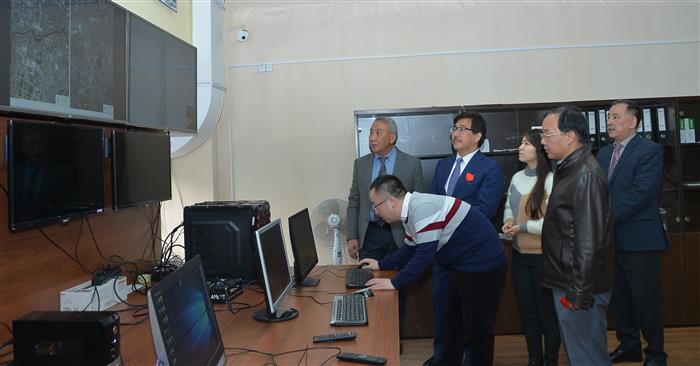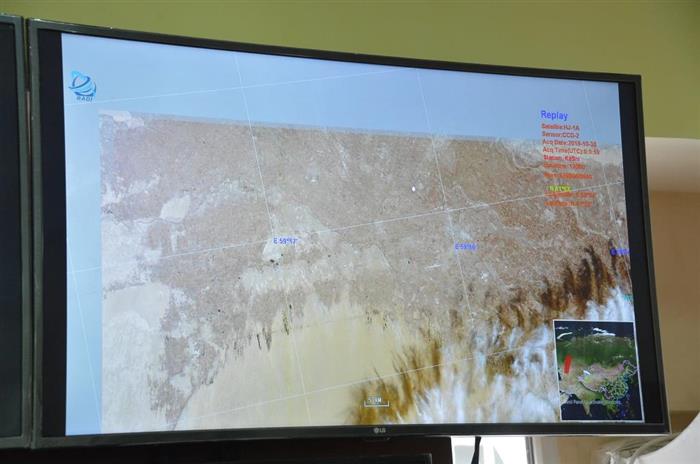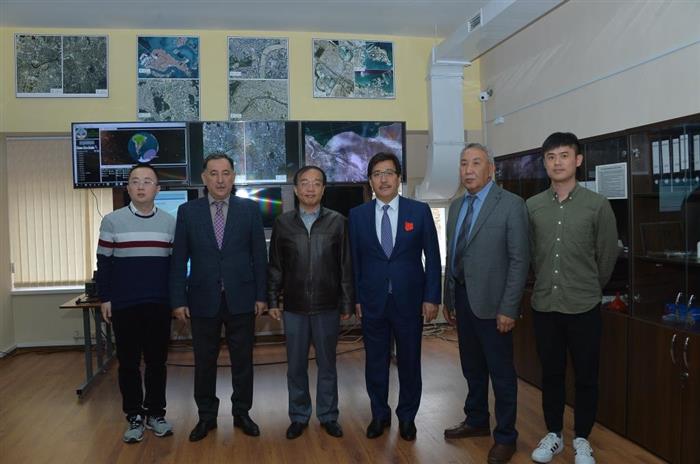- Main page
- News
The Earth Remote Sensing Center opened
11/22/2018
For the first time in Kazakhstan the Earth Remote Sensing Center was opened at KazNU al-Farabi. The project was implemented in association with the Research Institute of Aerospace Information of the Academy of Sciences of China.
In his welcoming speech, the rector of KazNU, Galym Mutanov, thanked the partners and noted that the development of friendly relations with China is one of the priority directions of Kazakhstan’s foreign policy, and Kazakh National University. KasNU Al-Farabi is interested in active cooperation with the universities of the People's Republic of China both in the framework of international scientific programs and at the university level. The opening of the Center for Earth Sensing is one of the vivid examples of close and friendly relations between the universities of the two countries.
As it was noted, the Center will actively work on the creation of "Digital Kazakhstan" in the scientific, applied and educational fields. This will significantly speed up the process of training specialists in such specialties as Cartography and Geodesy, Space Technique and Technologies. Also, undergraduates and doctoral students will have an opportunity to study and have internships both at the Center and at the Research Institute of Aerospace Information of the Chinese Academy of Sciences in Beijing.
The sensing data will be sent in real time regime from Kashgar town receiving station base. This will significantly improve the quality of work on observation and monitoring of the environment, the state of natural resources, agriculture and will provide ample opportunities for satellite imagery of the terrain, research in geology and mapping, prevention of natural and man-made situations and etc. According to experts, such a Center will be a practical platform for students majoring in "Space technique and technology." The scientists also noted that, together with partners, they intend to commercialize the results of remote sensing of the Earth.
